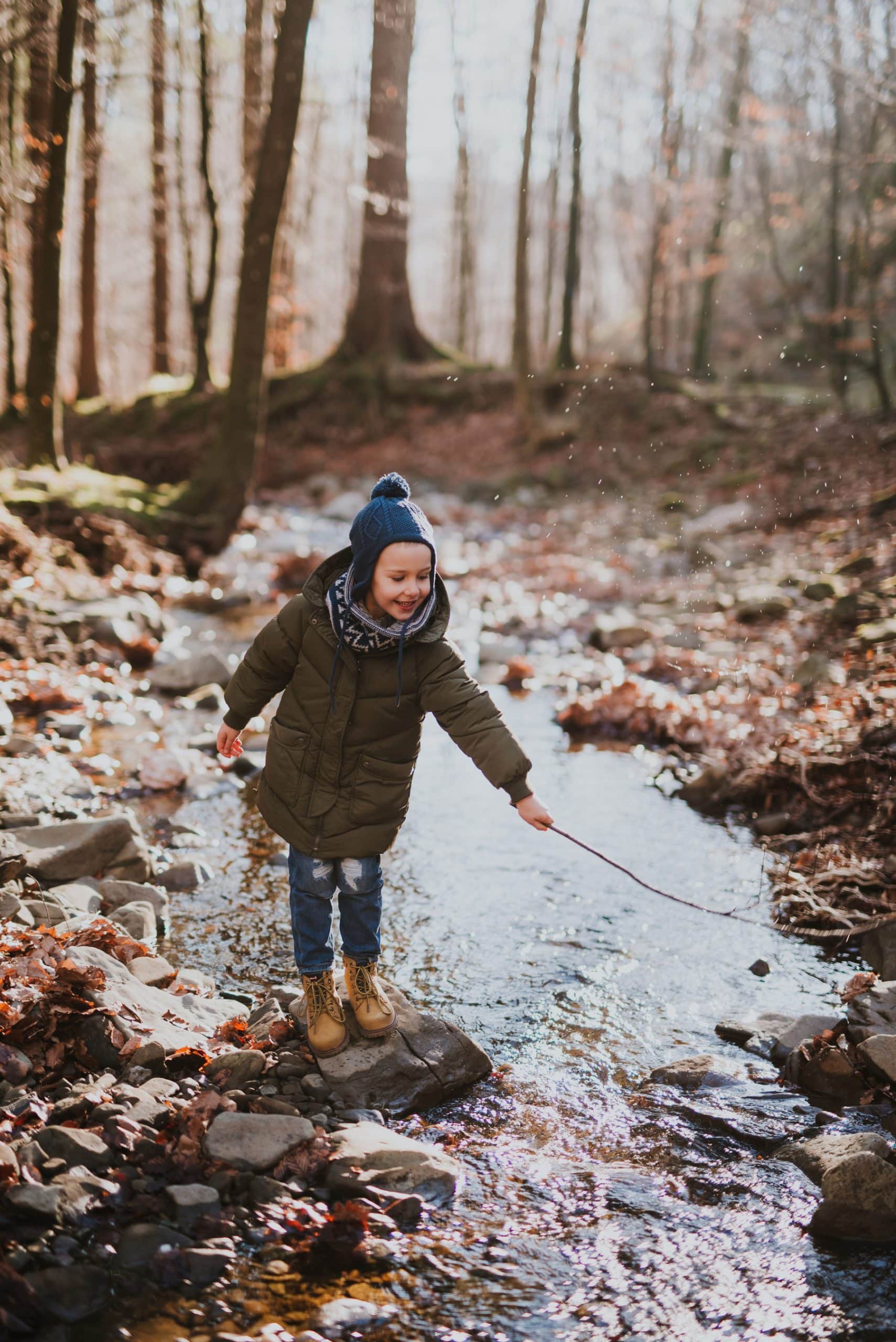How Does Experiential Learning in Nature Impact Children’s Emotional Growth?

In an age where technology largely dominates our daily routine, it’s both significant and refreshing to immerse ourselves in nature. For children, this practice becomes even more crucial. Experiential learning in nature is a phenomenal method, not just for imparting education but also for fostering emotional growth. This article explores how outdoor education influences children’s emotional development, backed by scholarly studies and crossref sources.
The Core Concept of Nature-Based Learning
Nature-based learning seizes the outdoor environment as a dynamic, interactive, and boundless classroom. It’s a powerful educational approach that drives learning away from the conventional indoor setting into the open arms of nature. This practice doesn’t merely involve studying about nature but learning from and within it.
A lire en complément : What Is the Impact of Olfactory Training on Recovery from Anosmia Post-Viral Infection?
It’s an experiential process where children actively engage with their surroundings, using all their senses. They observe, explore, experiment, and form connections with the natural world. This type of learning creates a sense of belonging, builds intellectual curiosity, and encourages social interaction.
The Emotional Impact of Outdoor Experiential Learning
Children are naturally drawn to play and exploration, and outdoor experiential learning leverages this instinct. In this part, we delve into how this type of education impacts children’s emotional growth.
A voir aussi : How Can Plant-Based Diets Be Optimized for Iron Absorption in Athletes?
The outdoor environment presents an endless array of stimuli that engages children on multiple levels. It provides students with a sense of freedom and enables them to learn at their own pace. They are allowed to take risks, make choices, and learn from their mistakes, which in turn fosters their self-esteem and self-confidence.
Moreover, the outdoor setting encourages social interaction, teamwork, and cooperation. Children learn to share, negotiate, resolve conflicts, and lead, which are all valuable social skills. They also build relationships with their peers, promoting empathy and understanding of others’ feelings.
Leveraging Nature for Skill Development
An aspect that significantly stands out in this pedagogical approach is the attention to skill development. Here, we take a closer look at how nature-based education contributes to honing various skills in children.
Studies reveal that the outdoors is a fantastic playground for developing a range of skills. The varied, unpredictable environment challenges children in ways a structured classroom cannot. It fosters problem-solving and decision-making abilities as children navigate through different situations.
Moreover, nature-based activities often involve tasks that require a certain degree of physical exertion, coordination, and fine motor skills. They provide excellent opportunities for physical development, contributing to overall health and well-being.
The Role of Schools in Promoting Experiential Learning in Nature
How schools integrate outdoor education into their curriculum is a crucial factor. Let’s explore the role of schools in promoting experiential learning in nature.
Schools play an instrumental role in promoting nature-based education. They have the power to provide opportunities and create an environment conducive to outdoor learning. In fact, some schools are adopting ‘outdoor classrooms’ or ‘forest schools,’ where a substantial part of the learning process is held outdoors, irrespective of weather conditions.
Teachers are key facilitators in this process, guiding children through their learning journey. They can incorporate various outdoor activities into the lesson plan, such as field trips, nature walks, gardening projects, and many more.
The Long-Term Outcomes of Nature-Based Education
Knowing the long-term outcomes of nature-based education can validate its significance. Here, we explore how it shapes children’s future growth and development.
The benefits of nature-based education are not just immediate but remain with children long after they’ve left school. Its impact is seen in children’s ability to cope with stress and anxiety. Nature has a calming effect, and frequent exposure can help children manage their emotions better.
Furthermore, children who learn from nature develop a deep respect and concern for the environment. They grow up to be environmentally responsible adults, understanding the importance of conservation and sustainable practices.
In conclusion, the impact of experiential learning in nature is profound and multifaceted. It contributes to children’s overall development, instilling in them valuable skills and qualities that serve them well beyond their school years.
Influences of Outdoor Learning on Cognitive Growth
Outdoor learning has a profound influence on the cognitive growth of young children. It’s in these nature-based environments that children become explorers, scientists, and inventors. They indulge in physical activity, outdoor play, and direct contact with the real world, which significantly impacts their intellectual development.
A systematic review of studies, available on Google scholar, PubMed crossref, and Crossref Google, highlights the cognitive benefits of outdoor learning. The practice encourages critical thinking, creativity, problem-solving, and decision-making skills. Children learn to observe, question, predict, and understand cause-effect relationships, thus improving their scientific thinking.
Outdoor learning also supports language and literacy development. The exposure to a variety of natural elements, animals, and phenomena provides children with new experiences and vocabulary. They communicate their observations, thoughts, and ideas, thus enhancing their communication skills.
Furthermore, navigating through outdoor spaces helps children develop spatial skills. They understand concepts like distance, direction, size, and shape more effectively in the tangible world than in the abstract realm of textbooks.
The Need for Further Research and Advocacy
Despite the evident benefits of experiential learning in nature, the need for further research and advocacy remains. It is essential to build more robust evidence through extensive studies, systematic reviews, and research articles.
Researchers can turn to platforms like Pubmed Crossref, Crossref Full Text Google, and Google Scholar for existing literature on the subject. However, there’s a pressing need for more empirical data that delves into the long-term effects of nature-based education on children’s emotional and cognitive development.
Moreover, educators, parents, and policymakers need to advocate for the integration of outdoor learning into the mainstream education system. They can take the help of research findings to present a compelling case for experiential education and its benefits.
Creating awareness about nature-based environments and their significance in early childhood education is crucial. Advocacy campaigns can focus on promoting outdoor play and physical activity in nature as essential aspects of primary school curriculum.
Conclusion
To summarize, experiential learning in nature has a profound and lasting effect on children’s emotional growth. The nature-based environment serves as an interactive classroom, fostering a sense of belonging, intellectual curiosity, and social interaction. It aids in skill development, promotes physical activity, and equips young children with the ability to cope with stress and anxiety.
Schools play a pivotal role in integrating outdoor learning into their curriculum, and there is a growing trend towards ‘outdoor classrooms’. However, the need for further research and advocacy to substantiate the benefits and gain wider acceptance for this pedagogical approach is evident.
As we navigate an ever-increasing tech-dominated world, it’s essential to remember the importance of grounding our children in the natural world. As this article highlights, outdoor experiential learning is more than just a refreshing break from the screen; it’s a critical aspect of holistic child development. The seeds of respect for nature and sustainable practices sown during these formative years will go a long way in raising environmentally responsible adults.
